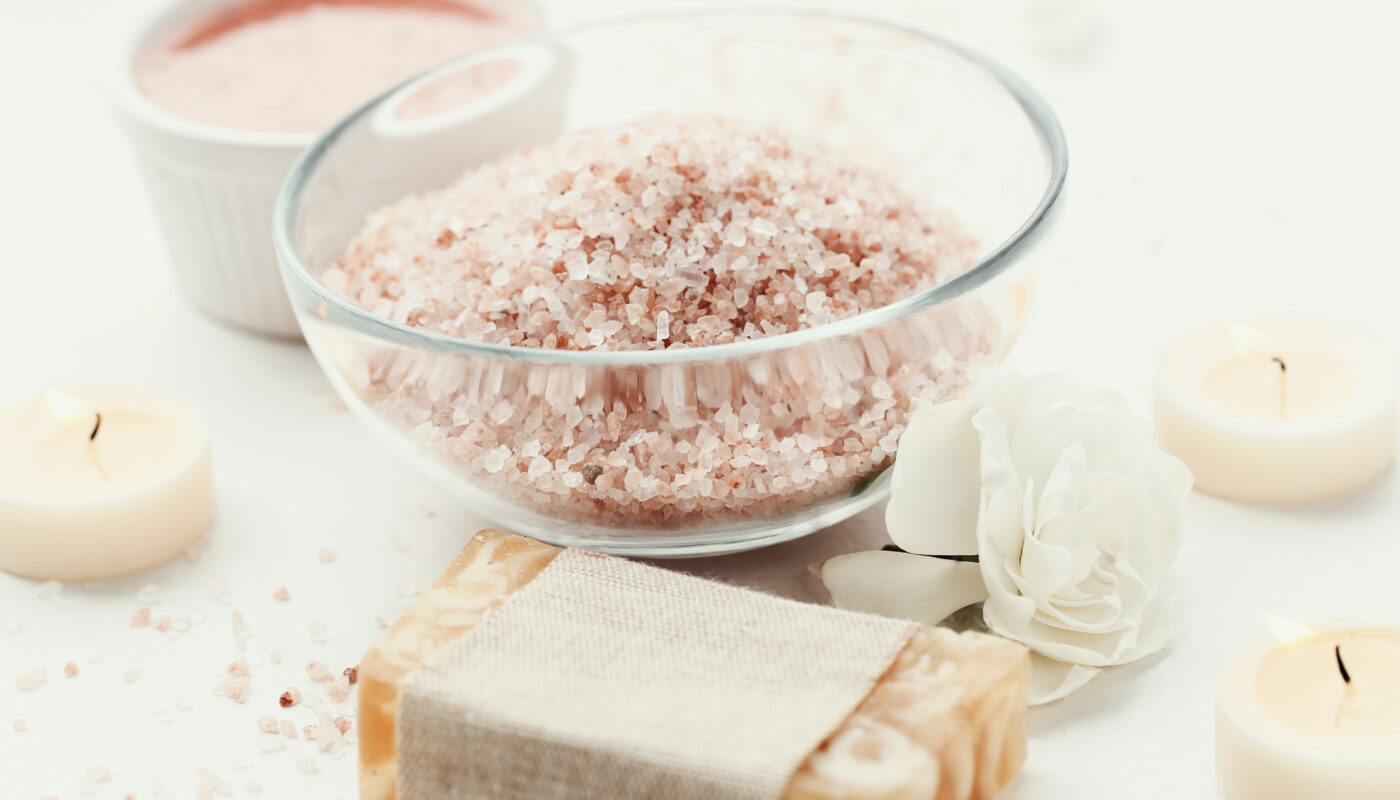Muscle cramps are a common yet painful experience that can disrupt daily activities and even affect sleep. These sudden, involuntary contractions of one or more muscles are often associated with dehydration, overexertion, or electrolyte imbalances. Many individuals turn to home remedies for relief, and Epsom salt baths are one of the most popular options. But how effective are they? This article delves into the science, benefits, and practical applications of Epsom salt baths for muscle cramps.
What Are Muscle Cramps?
Muscle cramps occur when muscles tighten or contract involuntarily and fail to relax. They can range from mildly uncomfortable to intensely painful, lasting a few seconds to several minutes. The most common areas affected include the calves, thighs, and feet. Cramps can be caused by:
- Dehydration: Lack of fluids reduces the muscles’ ability to contract and relax properly.
- Electrolyte Imbalances: Deficiencies in minerals like magnesium, potassium, and calcium disrupt muscle function.
- Overuse or Fatigue: Strenuous activity or prolonged use of a muscle can trigger cramping.
- Poor Circulation: Restricted blood flow can lead to oxygen deprivation in muscles, causing cramps.
Understanding the root cause is essential for effective prevention and treatment.
What Is Epsom Salt?
Magnesium sulfate, the scientific name for Epsom salt, is a naturally occurring mineral compound. For centuries, it has been used in baths and soaks to relieve muscle soreness, reduce stress, and improve skin health. When dissolved in warm water, Epsom salt releases magnesium and sulfate ions, which are believed to be absorbed through the skin, providing various therapeutic benefits.
Why Is Magnesium Important?
Magnesium is a vital mineral involved in over 300 biochemical reactions in the body, including those that regulate muscle function. It helps balance calcium levels, which play a critical role in muscle contractions. A deficiency in magnesium can lead to increased muscle excitability, resulting in cramps and spasms. While dietary sources of magnesium, such as nuts, seeds, and leafy greens, are essential, Epsom salt baths are thought to provide a supplemental boost through transdermal absorption.
How Do Epsom Salt Baths Work?
When added to warm water, Epsom salt dissolves, releasing magnesium and sulfate ions. The warm water helps relax tense muscles and improves blood circulation, while the magnesium is believed to be absorbed through the skin. This process may replenish magnesium levels in the body, promoting muscle relaxation and reducing cramp frequency.
Benefits of Epsom Salt Baths for Muscle Cramps
1. Muscle Relaxation
- Warm water improves blood flow, reducing tension in cramped muscles.
- Magnesium helps regulate muscle contractions, promoting relaxation.
2. Stress Reduction
- Stress and anxiety can exacerbate muscle cramps. Epsom salt baths provide a calming effect, reducing stress hormones and aiding relaxation.
3. Improved Circulation
- Increased blood flow helps muscles heal and experience fewer cramps by supplying them with oxygen and nutrients.
4. Skin and Joint Health
- The sulfate in Epsom salt supports skin hydration and may reduce inflammation in joints, offering added benefits for overall muscle and joint health.
How to Prepare an Epsom Salt Bath
Follow these steps to create an effective Epsom salt bath for muscle cramp relief:
- Choose the Right Epsom Salt: Ensure the product is labeled as pure magnesium sulfate without additives.
- Fill the Tub: Use warm water—not too hot—to avoid skin irritation and promote comfort.
- Add Epsom Salt: Add 2 cups of Epsom salt to a standard-sized bathtub. Stir until fully dissolved.
- Soak: Immerse yourself in the bath for 15–20 minutes, ensuring the affected muscles are submerged.
- Hydrate: Drink water before and after the bath to maintain hydration and support muscle recovery.
- Frequency: Use Epsom salt baths 2–3 times per week, or as needed, to manage cramps and promote relaxation.
Scientific Evidence: Does It Really Work?
The effectiveness of Epsom salt baths for muscle cramps remains a topic of debate among researchers. Here’s what studies and experts suggest:
- Transdermal Absorption: While some studies indicate that magnesium can be absorbed through the skin, others question the extent and efficacy of this absorption.
- Relaxation Benefits: The warmth of the bath and the soothing ritual can relieve stress and muscle tension, contributing to perceived benefits.
- Anecdotal Evidence: Many individuals report significant relief from cramps after Epsom salt baths, though these claims are largely subjective.
While definitive scientific proof is limited, the combination of warm water and magnesium is widely regarded as beneficial for muscle health and relaxation.
Alternatives to Epsom Salt Baths
If Epsom salt baths are not feasible or effective, consider these alternatives for relieving muscle cramps:
1. Hydration and Electrolyte Balance
- Drink water and consume electrolyte-rich foods or drinks to address dehydration and imbalances.
2. Stretching and Massage
- Gently stretch and massage the cramped muscle to promote relaxation and improve blood flow.
3. Heat and Cold Therapy
- Apply a warm compress to relax muscles or a cold pack to reduce inflammation and numb pain.
4. Magnesium Supplements
- Oral magnesium supplements can address deficiencies more directly than baths.
5. Lifestyle Adjustments
- Incorporate regular exercise, balanced nutrition, and adequate sleep into your routine to prevent cramps.
When to Seek Medical Advice
While muscle cramps are typically harmless, persistent or severe cramps may indicate an underlying condition. Consult a healthcare provider if:
- Cramps occur frequently or last for extended periods.
- They are accompanied by muscle weakness, swelling, or redness.
- Changes in lifestyle and home treatments don’t help.
Potential underlying conditions include nerve disorders, circulatory issues, or chronic deficiencies that require medical intervention.
Conclusion
Epsom salt baths are a natural, non-invasive remedy for muscle cramps that offer relaxation and potential magnesium supplementation. While scientific evidence on their efficacy is limited, the anecdotal benefits and historical use suggest they can be a valuable part of a holistic approach to cramp relief. By combining Epsom salt baths with proper hydration, balanced nutrition, and regular physical activity, individuals can manage muscle cramps effectively. However, persistent or severe cramps should always be evaluated by a healthcare professional to rule out underlying conditions and ensure comprehensive treatment.



